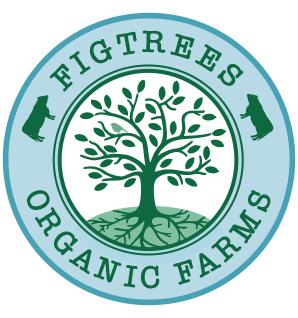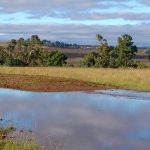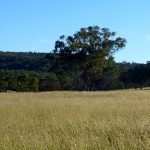This article first appeared in the Inverell Times on August 1st by Michèle Jedlicka.
Some applauded Inverell beef producer Glenn Morris’s horseback ride over the Sydney Harbour Bridge in late June.
For Glenn, manager of award-winning Fig Trees Organic Farms, the ride timed to raise awareness of the NSW government’s native vegetation proposed reforms was a prelude to a larger movement toward protecting the environment.
To that end, he and a suite of individuals have composed a petition on www.farmingfuture.org.au to press the need for lateral thinking in agricultural reforms beyond what Glenn believes is a green light for broadacre chemical farming.
“It flowed on from a couple of trips I had to visit MPs in Sydney, with different farmers and just a couple of the farmers that have been involved with the native veg rules,” Glenn said.
“(We) just wanted to present to the state government that there’s a lot of farmers out there that want to see a new direction for agriculture, and with that, we really wanted to communicate the complete range of services the land provides to the community which have often been neglected.”
The intent of the petition is to lobby for change, and hold politicians to account for future implications should nothing be done to protect the land. “Basically, what I think is that members of the state government have a huge responsibility to the entire community of NSW, both at present and for the future,” Glenn said.
Though kick-started by Glenn, the petition has been openly endorsed by a party of producers and high-profile individuals, such as 2015 Young Farmer of the Year Anika Molesworth, recent NSW Young Farmers NSW chairman Josh Gilbert, 20-year chief executive officer of Landcare Brian Scarsbrick and chairman of SoilCare Michael Hogan.
They intend to provide government with frameworks for agricultural legislation to provide protection for what Glenn believes is a rapidly changing landscape.
“I call it a man-made desertification,” he said.
“It isn’t a new term, we’ve understood it for centuries. We’ve seen the damage it’s done to other civilizations, so we’re basically removing the sources of life, which is vegetation.
“People have asked me, what my boss thinks about what I do, and I treat what I do as not a matter of choice for the farm because I know if climate change gets worse, we’re out of business.
“It’s not a matter of choice; we need to get that message across.”



